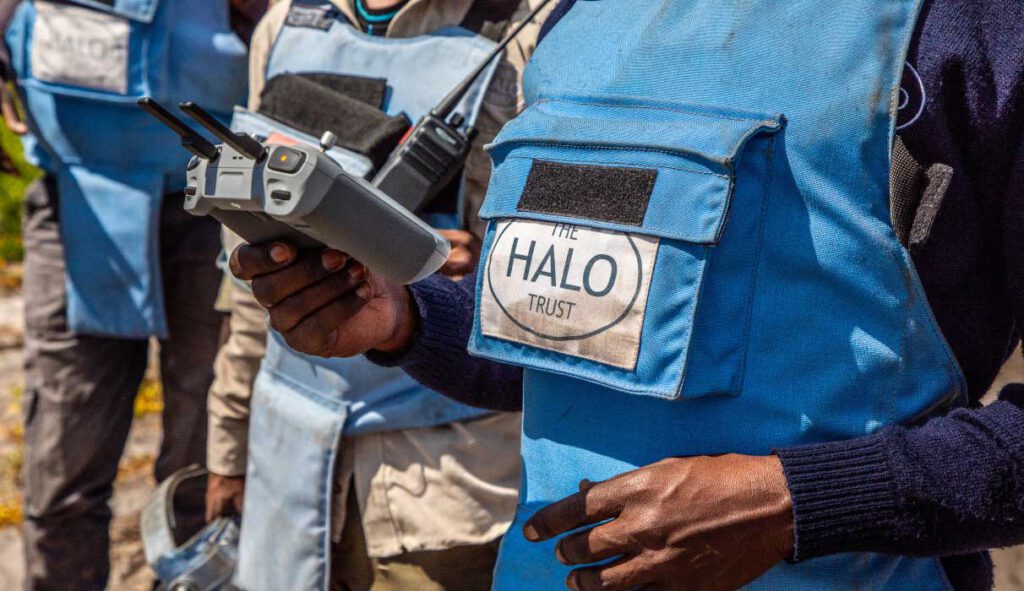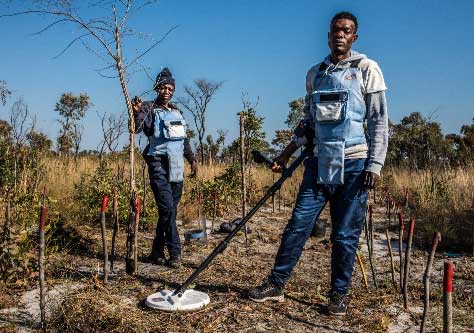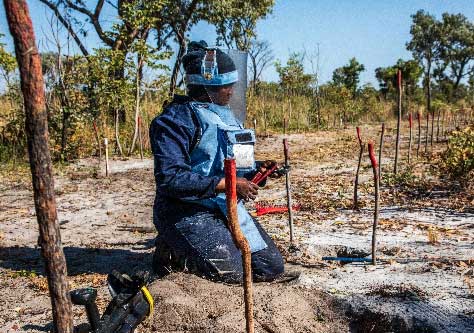
Sustainability
Sustainability in the oil and gas industry requires a comprehensive approach that integrates ESG considerations with long-term business viability
Building upon the insights gained through our internal material issues review, Afentra’s sustainability strategy is guided by the IPIECA (International Petroleum Industry Environmental Conservation Association) reporting guidance which forms the foundation of our comprehensive approach.
Our integrated approach supports operational efficiencies, maximises uptime, and enhances production. Together, these efforts drive stronger revenues and financial performance, aligning our business strategy with long-term value creation for our shareholders coupled with a positive impact on the environment and society.
Our Sustainability Framework is designed to address the key topics identified in our internal materiality work, ensuring that our sustainability efforts focus on areas of highest impact and importance. By integrating these priorities into our operations, we are better equipped to manage environmental, social, and governance risks while advancing initiatives that deliver measurable improvements.
At Afentra, we believe that ensuring the health, safety and security of employees, contractors and local communities is at the heart of our business. We are committed to the safety of our people and stakeholders, by setting clear expectations, maintaining standards and fostering a culture of continuous improvement.
We recognise that oil and gas activities are often associated with environmental impacts and intensive resource use.
We are committed to responsible operations that minimise the environmental footprint of operations through responsible resource management, biodiversity protection, and pollution prevention.
We recognise the significant challenge presented by climate change and support the Paris Agreement goal to limit the global average temperature below 2°C compared to pre-industrial levels.
We are committed to integrating climate change and energy transition risks and opportunities into our business strategy and decision-making.
We seek to draw on the talent of all our people and stakeholders recognising that a diverse range of backgrounds and experiences are fundamental to delivering value for all investor and stakeholders.
We are committed to upholding social responsibility and respecting human rights by fostering inclusivity, equity, and ethical practices, and ensuring dignity and fairness in all our operations and partnerships.
We are committed to proactively engage with our host communities to support local economies and implement initiatives that create lasting positive impacts.
Additionally, maintaining dialogue with local stakeholders to ensure that, as far as possible, projects benefit both the Group and the communities in which the project is located and will do this in a safe, responsible and sustainable manner.
Stakeholder Engagement
Afentra has many stakeholders that extend to its shareholders, industry partners, the Government, regulators, citizens in its country of operation and employees. We continue to strengthen our working relationship with key stakeholders in Angola and demonstrate our commitment to the long-term development of the upstream industry through our establishment of an office in Luanda and our partnering with local players.
As a responsible international corporate citizen, we understand that we operate within a multi-faceted and multi-layered economic, legislative and social environment. It is therefore crucial that we engage with all our stakeholders to understand and respond to their concerns, needs and opinions, in order to ensure the ongoing sustainability of our business.

The HALO Trust:
Supporting Angola’s path to a mine-free future

In 2024, Afentra’s Board approved funding for The HALO Trust, marking a significant milestone in our commitment to high-impact social and environmental initiatives.
This partnership aligns with the Angolan Government’s goal of becoming mine-impact free and supports local communities by making land safe for sustainable development.
The legacy of landmines in Angola
Decades of conflict left Angola with one of the highest concentrations of landmines in the world, affecting all 18 provinces. While substantial progress has been made, more than 1,000 minefields covering 67 km² remain. In regions like Cuando Cubango, landmines continue to pose a serious threat to vulnerable communities, limiting access to farmland, infrastructure, and economic opportunities.
The HALO Trust, the world’s largest landmine clearance organisation, has been working in Angola for over 30 years, clearing landmines, educating communities about explosive hazards, and supporting weapons management initiatives. Their efforts have already transformed thousands of lives, restoring land for farming, infrastructure, and conservation.
Afentra’s role in the mission
Afentra’s investment will directly support HALO’s demining efforts, ensuring that more land can be returned to Angolan communities safely. Our partnership reflects our broader commitment to responsible investment and sustainable development, helping to create a safer, more prosperous future for Angola.
Through this partnership, Afentra is proud to contribute to a safer Angola.






